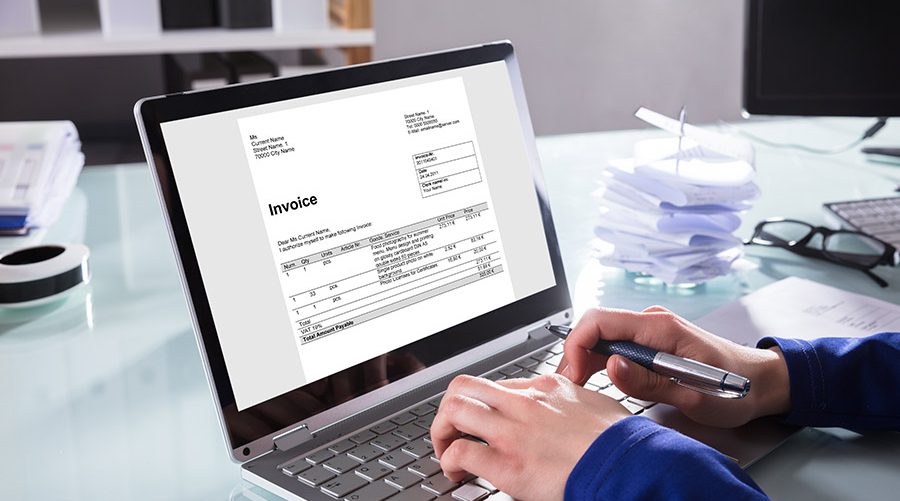E-Invoice under the GST regime refers to a mechanism in which GSTN electronically verifies B2B invoices for usage on the common GST site. Under the electronic invoicing system, the Invoice Registration Portal (IRP), controlled by the GST Network, will provide an identifying number for each invoice (GSTN).
E-invoicing is a procedure in which invoices are created electronically in a certain format. The aggregate turnover for e-invoicing shall include the turnover of all GSTINs in India under a single PAN. Since October 1, 2020, India has begun implementing e-invoicing under the GST framework in a gradual way.
Highlights include:
- GST e-invoices will be required for enterprises with a turnover of 20 crores beginning April 1.
- The CBIC (Central Board of Indirect Taxes and Customs) has decreased the turnover limit for obligatory e-invoice (electronic invoice) issuing under the goods and Services Tax (GST) to INR 20 Cr. from the previously specified limit of INR 50 Cr.
- This change is anticipated to impact smaller enterprises, which will now be required to send electronic invoices.
- Failure to present a proper invoice prevents the receiver from claiming the input tax credit (ITC) and generating fines.
- This amendment appears to be geared to the Government’s strategy for the digital economy.
- The Central Board of Indirect Taxes and Customs stated in Notification 01/2022, which was issued on February 24, 2022, that the minimum threshold would be Rs. 20 Crore effective April 1, 2022.
- As a result, small enterprises with fewer than 20 crores would be required to submit e-invoices instead of informal sale invoices or “Kacha bills.”
- It should be emphasized that only a registered e-invoice with an Invoice Reference Number (IRN) is deemed genuine, and non-compliance will arise from non-adherence.
- This is essential to claim an input tax credit (ITC).
- The new system, which goes into effect on April 1, will add 180,000 GST identity numbers (GSTINs), bringing the total to about 420,000, according to an official who spoke on anonymity.
E-invoicing exemption
Regardless of turnover, the following types of GST registered persons are exempt from using e-invoicing:
- Units of Special Economic Zones (excluded under CBIC Notification No. 61/2020 – Central Tax)
- The insurer, banking company, or financial institution, including a non-banking finance company (NBFC)
- Products Transport Agency (GTA) — a corporation that provides services related to transportation goods by road in a goods carriage.
- Passenger transportation service providers
- Service providers who provide admission to cinematograph film screenings on multiplex screens.
Note: The principal notification No. 13/2020 – Central Tax, dated March 21, 2020, was published in the Gazette of India, Extraordinary, vide number G.S.R. 196(E), dated March 21, 2020, and was last amended vide notification No. 23/2021 – Central Tax, dated June 1, 2021, published vide number G.S.R. 367(E), dated June 1, 2021.

